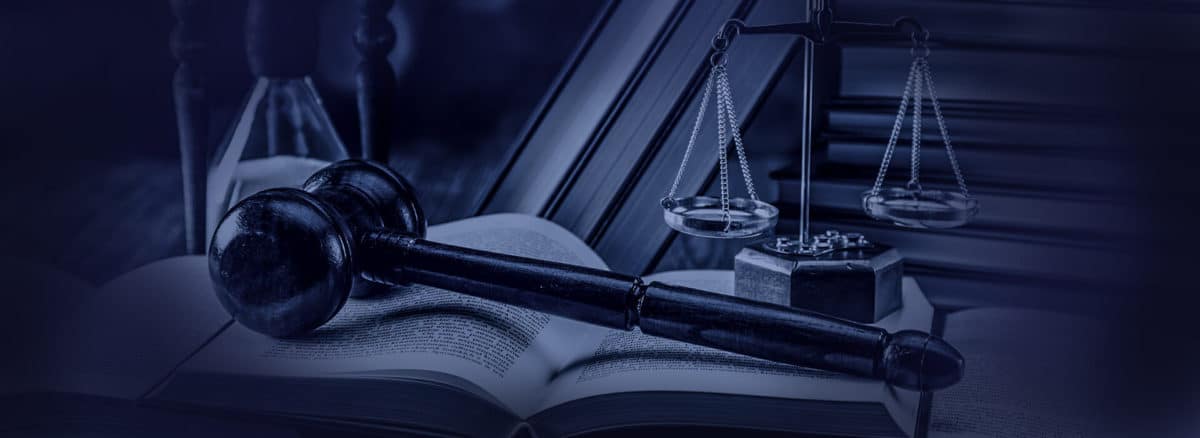
of field sobriety tests are as follows:
automatically prove you guilty.
In most Texas DWI cases, there are 3 pieces of evidence that are open
to interpretation of the law.
Administrative License Revocation
If you have been arrested for DWI, the police officer will serve you with a “Notice of Suspension / Temporary Driving Permit.” The officer is authorized to confiscate your license.
From the date you receive that Notice, you have 15 days to request an Administrative License Revocation hearing on what will otherwise be a mandatory driver’s license suspension. That suspension will last for 90 days for failing a breath or blood test. The suspension goes up to 180 days for refusing to take a breath or blood test. If this is not your first DWI arrest, then the suspension times increase dramatically.
IT IS EXTREMELY IMPORTANT TO REQUEST A HEARING AND NOT JUST LET THE 15 DAYS GO BY!
The ALR hearing is an opportunity to prevent the suspension off your driver’s license. The arresting officer can be subpoenaed to the hearing to provide testimony. If you failed a breath test, you also have the opportunity to subpoena the breath test operator and technical supervisor.
HAVE YOU BEEN ARRESTED FOR A DWI IN AUSTIN, TEXAS?
Call now or Schedule a Free Case Evaluation Online
David Frank, Texas represents individuals accused of DWI (Driving While Intoxicated) and DUI (Driving Under the Influence), he has defended against DWI related prosecutions throughout Central Texas.
Getting a DWI (Driving While Intoxicated) is serious! You need to take it seriously – so should your lawyer. Even a conviction for a first-time DWI can carry serious consequences, not the least of which is $1,000 or more per year for three years just to keep your driver’s license.
If you are like the vast majority of those who get arrested for DWI, this is the ONLY way that you would ever have come into contact with the criminal justice system. Only because Texas DWI laws exist, do many people who would never dream of breaking the law find themselves arrested, photographed, fingerprinted, and generally “treated like criminals.” This is serious business. And once you have posted your bond, the whole process is really just beginning.
New DWI Fines
The Texas DWI Surcharge Program has been repealed and replaced. The old law required the Department of Public Safety to assess surcharges on drivers convicted of DWI. House Bill 2048 repealed the DWI Surcharge Program and replaced it with a separate DWI fine. The bill takes effect September 1, 2019.
In addition to the fine prescribed for a person who has been finally convicted of a DWI (not to exceed $2,000 for a class B misdemeanor and up to $4,000 for a class A misdemeanor), the bill requires a person to pay a fine of:
$3,000 for the first DWI conviction within 36 months;
$4,500 for a subsequent DWI conviction within 36 months; or
$6,000 for a first or subsequent DWI conviction if an analysis of a specimen of the person’s blood, breath, or urine shows an alcohol concentration level of 0.15 or more at the time the analysis was performed.
These DWI fines do not include a range. Instead they are fixed amounts imposed upon conviction by the trial court. These fines do nothing to accomplish the original intent of the repeal of the Surcharge Program which was “releas[ing] Texans from debt”. Under the original DWI Surcharge Program, failure to pay surcharges would lead to a driver’s license suspension.
If a person provides information that he or she is indigent, the court may waive all fines and costs imposed on the person.
The new law requires DPS to reinstate any driver’s license that was suspended as of September 1, 2019 if the license was only suspended for failure to pay a program surcharge.
Phone
(512) 499-0969
David@DavidFrankLaw.com
Address
1212 Guadalupe Street, Suite 103
Austin, Texas 78701